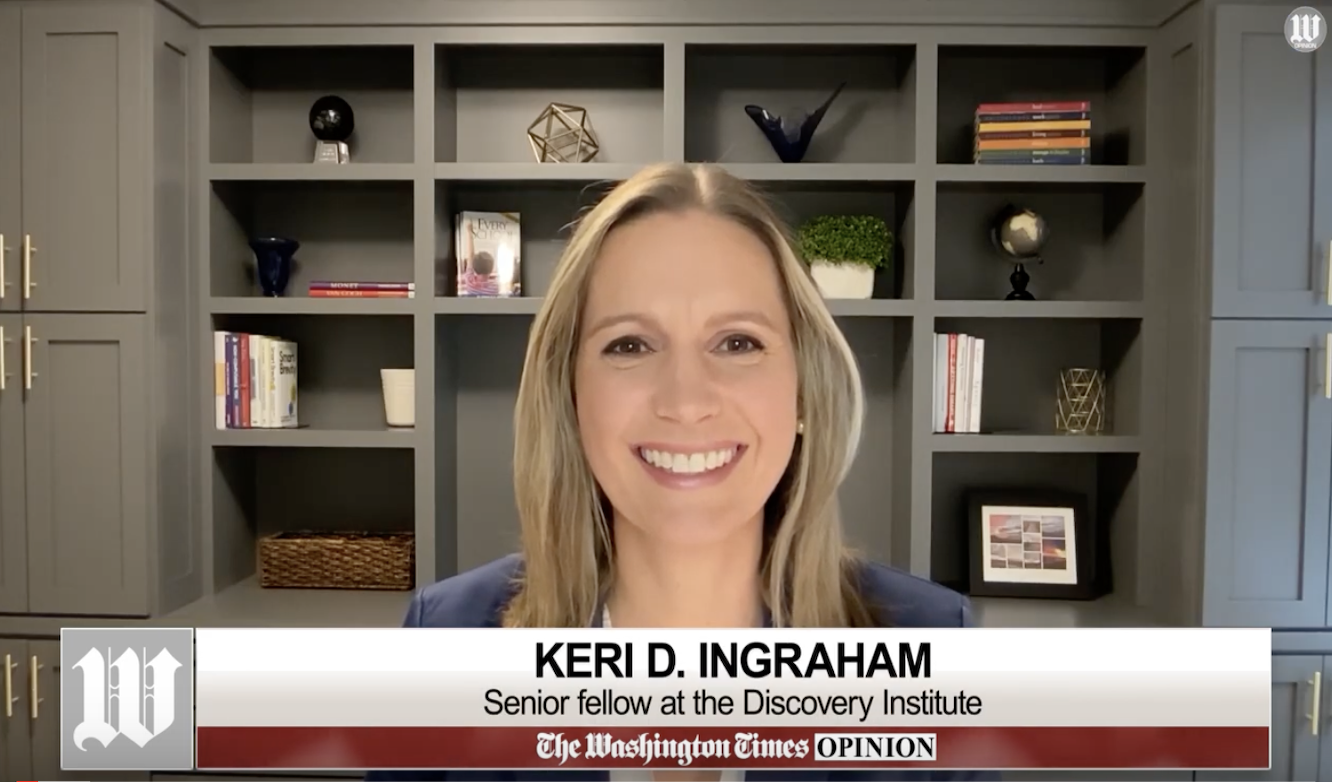The Bottom Line Keri D. Ingraham Discusses Education Innovation & School Choice on the Politically Unstable Podcast
Originally published at The Washington TimesThere are pockets of amazing innovation happening around our country in K-12 education, but they are far too rare.
One example of an innovative high school is West Michigan Aviation Academy in Grand Rapids. The school is in its 14th year, but few people know about it nationally. It should be a national headline because it is a model that deserves replication.
West Michigan Aviation Academy is a tuition-free, public charter school that serves 620 students per year and has countless others waitlisted. Students not only complete their regular academic courses but have the opportunity to take a variety of aviation, aerospace design, robotics, and STEM courses, as well as earn their private pilot’s license. The hands-on learning equips students with skills for high-demand and high-growth career fields, giving them an on-ramp for post-high school success.
Parents are seeking alternative education options from traditional district public schools for their children. Dating back to the fall of 2020, private schools reopened to serve families while teachers unions kept public schools closed and, in some states, the closures spanned three school years. During that time, parents had a front-row seat through the remote sessions to see what was being taught to their children. Parents saw a lack of quality academic learning and instead witnessed the teaching of a far-left political agenda, including Critical Race Theory, radical gender ideology, an anti-American worldview, and a rewriting of history.
As parents voiced their concerns, they were silenced, and the teachers unions doubled down on their political agendas. A mass exodus of district public schools began with parents wanting a better option for their children when their assigned district public school is not teaching solid academics. Lawmakers have taken notice, and those in several red states have been successful in advancing sweeping school choice for their constituents.
In 2022, two states, Arizona and West Virginia, enacted universal school choice, creating a free market K-12 education landscape. This allows parents to take their taxpayer money to the educational provider of their choice that will best serve their children. In 2023, Arkansas, Florida, Indiana, Iowa, North Carolina, Ohio, Oklahoma, and Utah each passed universal or near-universal school choice laws. Thus far in 2024, the momentum isn’t slowing as Alabama has joined these states, bringing the total to 11, with more on the way!
Click HERE to listen to Keri D. Ingraham’s interview on the Politically Unstable podcast hosted by Kelly Sadler at The Washington Times.


